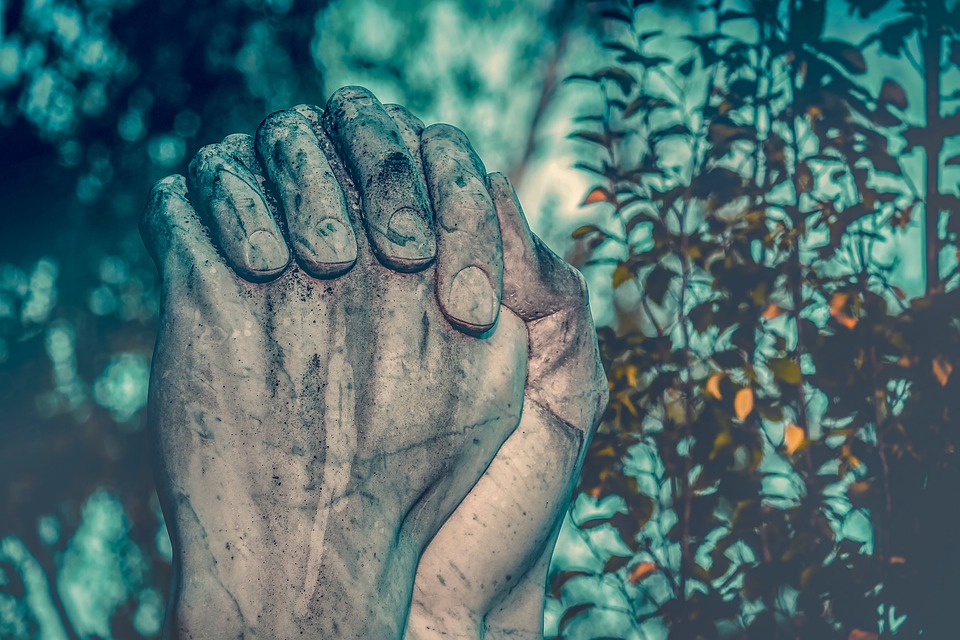
IN A FEW days you may be celebrating Christmas with numerous presents, a bountiful lunch, and the love of family and friends all around you. Sadly, for many Christians around the world this image of Christmas is very far-fetched.
If this Christmas resembles previous years, dozens, maybe even hundreds of Nigerians run the risk of being killed for their faith during this holy festive season. In the North East of Nigeria, where Boko Haram still controls some areas and in the middle-belt region where Fulani herdsmen influenced by Islamist ideology are most heavily concentrated, Christians dread practising their faith openly at Christmas.
Many of these Christians have painful memories of recent gruesome attacks during this and other holy periods. On Christmas Eve 2010 in Jos, at least eighty-six people were massacred and seventy-four maimed for life in a series of Islamic bomb blasts and attacks, most of them targeting church services. Choir members were hacked to death in their pews.
A year later in Madalla, Islamic bombers struck a Catholic church during a morning Christmas Mass, slaughtering forty-five worshippers and injuring seventy-three more. The day before, eleven were brutally murdered in Maiduguri, including a pastor and his young daughter who were incinerated in the fire-bombing of three churches.
Life can be unpredictably short for Christians in the killing-fields of northern Nigeria. During the feast of Epiphany of January 2012, twenty Christians gathered for a funeral were machine-gunned to death at close range by Muslim terrorists shouting ‘Allahu Akbar’, and a further fifteen brutally maimed.
The attacks are escalating out of control. Each year since the horrors of Jos and Madalla there have been organised attacks on Christian communities by Boko Haram and Fulani militants, specifically as they worship and risk their lives for it. These terrorist attacks happen everywhere, in churches, villages, on farms and wherever Christians congregate.
With great sadness I recall last year’s massacre in Rivers State, when Islamic gunmen invoking the name of God opened fire on Christians returning from a Church service, killing seventeen and raping any vulnerable women who were trapped in the mayhem and could not escape.
Perhaps the most sickening aspect of these terrorist atrocities is their premeditated character. Each year the aggressors strike precisely at a moment when Christians are gathered together in hopeful expectation and are most vulnerable and therefore easy targets. According to Open Doors, 40 Christians were slaughtered in the week leading up to last Easter.
The frequency and targets of these attacks suggests other motives for these hardly reported atrocities beyond climate change, unemployment or desertification. There is an intentionality to these killings, specifically aimed at Christians during a sacred time of the year, that cannot be ignored.
Despite the inexplicable silence of the media on the emerging crisis, there are organisations working tirelessly to raise awareness of this dire situation and to do their best to remedy it. Baroness Cox, who visited threatened Christian areas just before Advent, has published a notable report detailing specific names, communities and villages targeted in the latest Islamic killing sprees. She notes the joy and courage with which many Nigerian Christians continue to live their faith amid growing hostility.
But such initiatives, although commendable, will never be enough in the fight against the brutality of Boko Haram and the highly-weaponised Fulani militia. The Nigerian Government involvement is necessary to protect its own citizens, stop the violence, and disincentive future attacks. The UK Government could provide valuable help, perhaps tying foreign aid handouts to a transparent and proactive approach to successfully resolving this crisis.
Political exposure without the assistance of the media will be ineffective. If presenting the truth and uncovering injustices is at the heart of the journalistic profession, I warmly invite the BBC, ITV, and the best of the Fleet Street establishment to come and take a look at Nigeria, and those who dare to profess their faith under the shadow of an emerging Islamic radicalism.
In three days, many of us will gather to celebrate the birth of Jesus Christ. During this time while we all enjoy the season’s festivities with our loved ones, please spare a thought and a prayer for those Christians who fear the return of Herod in a very different guise this Christmas.
• Ayo Adedoyin is the Executive Director of the International Organisation for Peace Building and Social Justice (PSJ) UK, which campaigns against the persecution of Christians and other minorities in Nigeria and other parts of the world. www.psjuk.org
Leave a Reply